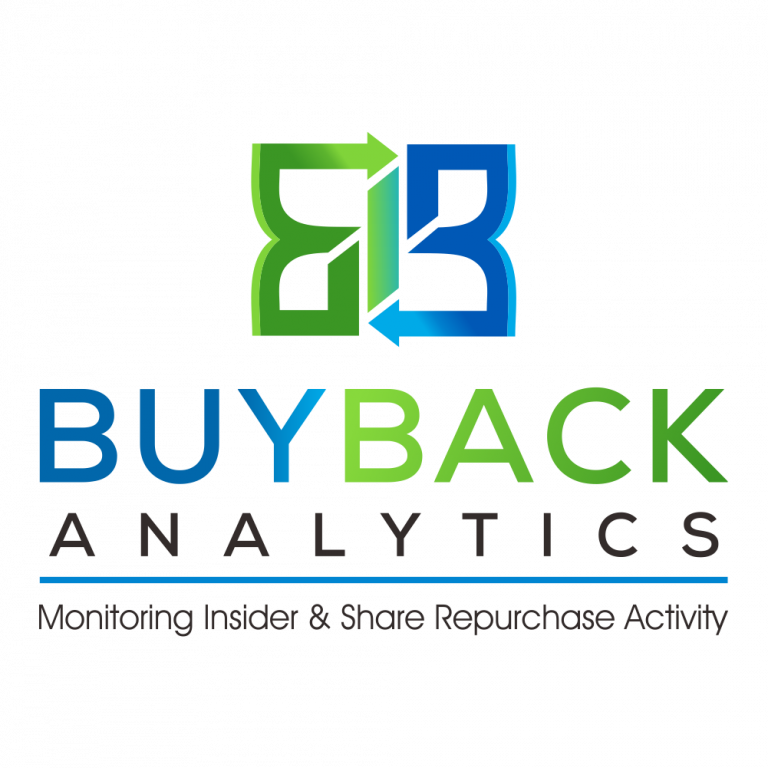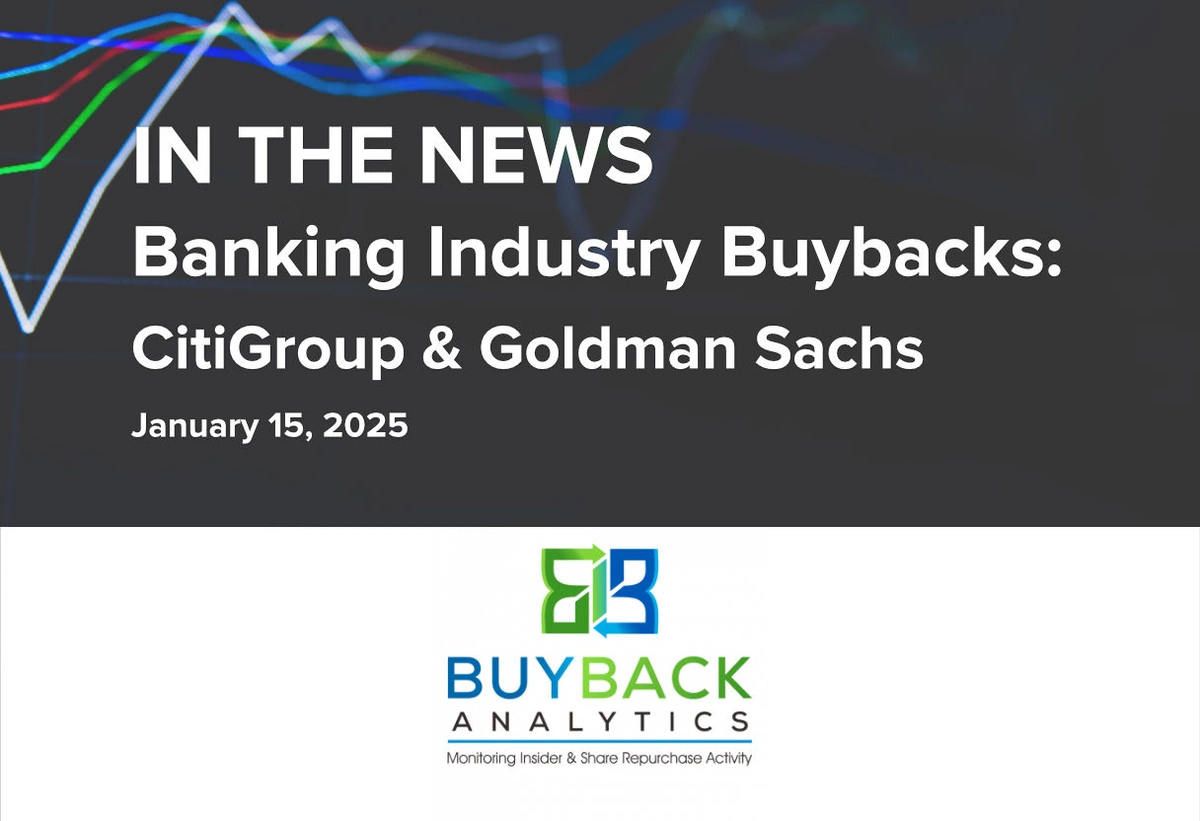Banking Industry Buybacks: CitiGroup and Goldman Sachs
January 15, 2025
In the realm of finance, share buybacks have become a tactical mechanism for sending positive signals and enhancing the worth of shareholders. On January 15, 2025, two major banking giants, CitiGroup and Goldman Sachs, announced significant stock repurchasing. Here, we will dive into these companies' financials, evaluate the impact of their buybacks, and consider the political and economic triggers that may lead to further buyback activity.
Understanding the Financial Health of CitiGroup and Goldman Sachs
CitiGroup: CitiGroup’s recent earnings reveal robust capital reserves and a CET1 (Common Equity Tier 1) ratio well above regulatory requirements. Despite headwinds from higher interest rates impacting certain lending operations, Citi’s diversified revenue streams—spanning consumer banking, wealth management, and trading—have provided a strong financial foundation for executing buybacks. The recent share repurchase program demonstrates confidence in their liquidity position and long-term growth prospects.
Goldman Sachs: Goldman Sachs, renowned for its investment banking prowess, has faced challenges in trading revenue and asset management fees. However, the firm’s financial statements indicate a strong balance sheet with high liquidity. By initiating a share buyback, Goldman Sachs is likely aiming to bolster shareholder returns while reinforcing market confidence amidst a transitioning economic environment.
The Impact of Share Repurchase
The buybacks from CitiGroup and Goldman Sachs have several implications:
- Enhanced Shareholder Value: By reducing the number of outstanding shares, both companies are increasing earnings per share (EPS) and delivering more value to existing shareholders.
- Market Signal: These buybacks serve as a strong signal to the market that both CitiGroup and Goldman Sachs believe their stock is undervalued, which can bolster investor confidence.
- Capital Allocation Strategy: Given the regulatory scrutiny in the banking sector, buybacks indicate both institutions are managing their capital efficiently, even in uncertain times.
Reading the Tea Leaves - Were There Signs the Companies Were Going to Issue BuyBacks?
If you’ve been closely watching the market, you might have spotted some early signs of these buybacks:
- CitiGroup: Analysts pointed to Citi’s consistent buildup of excess capital over the past quarters. Combined with steady dividend payments, this created an environment ready for buybacks.
- Goldman Sachs: Recent earnings calls highlighted the firm's pivot to capital-light business segments. Paired with subdued M&A activity, this shift freed up resources for share repurchases.
Political and Economic Triggers for Buyback Activity
The current political and economic landscape is setting the stage for more buyback activity. Here’s what you should keep an eye on:
- Tax Policies: Changes to capital gains or corporate taxes could push companies to act before new regulations take effect.
- Regulatory Environment: Post-2008 banking regulations require strong capital reserves. Exceeding these thresholds gives companies like CitiGroup and Goldman Sachs the flexibility to return value to shareholders.
- Interest Rate Climate: Rising rates are squeezing lending margins. For many banks, buybacks offer a way to reward shareholders without relying on traditional lending profits.
- Economic Sentiment: With uncertainty in the air, buybacks can be a safer, more predictable strategy than riskier reinvestments.
Using BuyBack Analytics to Stay Ahead
If you’re serious about taking advantage of buyback opportunities, BuyBack Analytics is your secret weapon. We designed it to keep you ahead of the game. You’ll get real-time alerts about buyback announcements, access to in-depth data, and the insights you need to act fast.
With BuyBack Analytics, you can:
- Spot undervalued stocks before they rebound.
- Analyze the strategic reasons behind a company’s buyback.
- Stay informed about political and economic factors driving these decisions.
This tool isn’t just for casual investors—it’s for those of you who want to navigate buyback strategies with confidence and maximize your portfolio’s potential. You’re not just following trends; you’re staying ahead of them.
Summary of Today's Share Repurchase Activity
The buybacks from CitiGroup and Goldman Sachs aren’t just headlines—they’re signals of financial strength and strategic intent. As this trend extends to other industries, the opportunities for savvy investors will grow. With BuyBack Analytics by your side, you’ll have the tools to identify, evaluate, and act on these opportunities before the rest of the market catches up.

